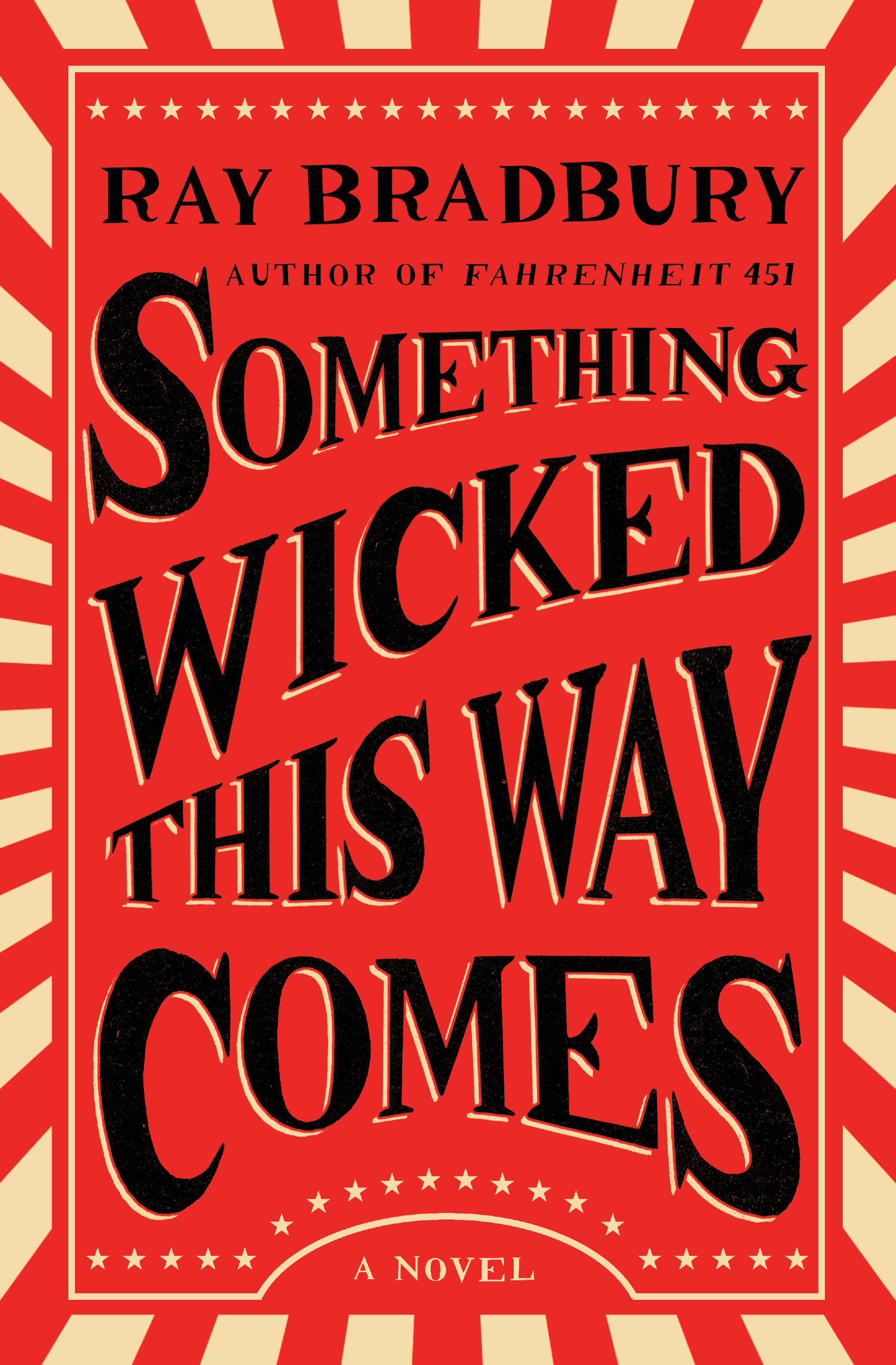Chapter 9
byChapter 9 introduces us to Jim Nightshade, a character whose name is both distinct and unforgettable, evoking a sense of mystery and depth. Jim is described as lying still in bed, entangled by marsh-grass, which serves as both a literal and symbolic representation of his emotional state—caught in a moment of stillness, reflecting on the world around him. His dark features suggest a complexity that far exceeds his age, indicating that his mind and experiences carry burdens he should not yet have. Unlike his friend Will Halloway, who tends to gaze into the future with a sense of curiosity, Jim is more concerned with the present moment. His fixation on the world he knows, coupled with his introspective nature, makes him seem older than his thirteen years. This contrast between Jim’s deep introspection and Will’s broader outlook adds layers to their dynamic, highlighting Jim’s more reflective, sometimes brooding, nature.
The chapter shifts as Jim engages in a conversation with his mother, a discussion that delves into themes of health, mortality, and the fleeting nature of life. His mother notices that his hands are cold, prompting her to ask him to close the window for his health. Jim’s response is dismissive, suggesting that he is beyond such concerns, as he accepts the inevitability of death with a certain resignation. “People die,” he states plainly, reflecting a depth of understanding that betrays his youth. Jim’s melancholic acceptance of life’s impermanence and his seeming detachment from the concept of a future that holds promise is striking. His belief that there is no point in having children stems from his perception that life is too fragile and unpredictable. He seems unwilling to embrace the idea of building a future or legacy, perhaps because he believes that such efforts are ultimately futile in a world where death is inevitable.
As their conversation continues, the themes of family and loss come into sharper focus. Jim asks his mother about his father, wondering whether he resembles him, and in doing so, expresses his longing for connection to his family and his roots. This question reveals Jim’s inner desire for belonging, a yearning for a stronger connection to his lineage, and a deeper understanding of where he comes from. His mother’s response is filled with sadness, and she equates the potential loss of Jim to a permanent, irreplaceable departure. This emotional exchange emphasizes the tension between Jim’s desire for emotional connection and his mother’s fear of losing him. She wishes for him to marry and have children, creating a lively household full of chaos and love. However, Jim, despite his mother’s wishes, expresses a clear desire to avoid the pain and vulnerability that comes with such connections. This reflects his deeper fear of emotional exposure, a fear that is likely rooted in both personal experience and an understanding of the fragility of life.
As the chapter moves toward its conclusion, Jim steps outside into the night, drawn to the electrifying energy of an approaching storm. The sensation of the storm seems to mirror Jim’s internal turmoil, a storm brewing within him as he contemplates a rebellious act—knocking down the lightning rod. This moment becomes symbolic, representing Jim’s desire to break free from the constraints of his life and experience the rawness of existence. The lightning rod, a metaphor for order and control, represents the societal and personal constraints that Jim feels stifled by. His desire to defy these constraints and embrace a chaotic, uncontrolled force mirrors the emotional rebellion he feels against the limitations placed on him. The storm, both literal and metaphorical, signals an impending change, a moment of upheaval that will force Jim to confront the unknown. As the chapter ends, there is a sense of both anticipation and uncertainty. Jim’s internal struggle with his fears, desires, and the mystery of life ahead builds, leaving readers wondering what path he will choose to take next. The chapter beautifully encapsulates the tension between youthful rebellion, fear of vulnerability, and the desire to break free from the boundaries of an uncertain world.

